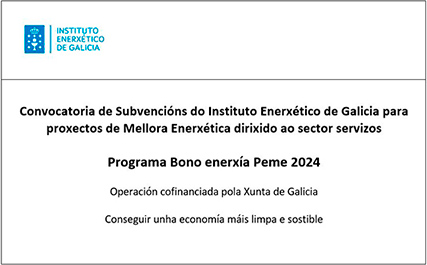Card reading tarot card is an effective device that has actually been used for centuries to get understanding and advice. It includes the use of a deck of cards with specific icons and pictures that hold deep meaning and can offer beneficial recommendations for people looking for answers to their concerns or battles.
While some may view tarot card analysis as a mystical or superordinary practice, it is actually rooted in psychology, importance, and intuition. The cards themselves are not magical, yet instead function as a visual aid to assist the reader use their instinct and connect with their subconscious mind.
Recognizing the Tarot Deck
The standard tarot deck contains 78 cards, divided into two main classifications: the Significant Arcana and the Minor Arcana. The Significant Arcana cards stand for significant life events and spiritual lessons, while the Minor Arcana cards are much more focused on everyday obstacles and experiences.
Each card in the tarot card deck has its very own special importance and definition, which can vary relying on the viewers’s analysis and the concern being asked. It is important for the viewers to have a deep understanding of the cards and their definitions in order to offer exact and insightful readings.
When carrying out a tarot reading, the viewers will commonly shuffle the deck and outlined a spread of cards in a certain pattern. The placement of each card in the spread and its connection to the other cards can give added layers of definition and understanding into the question or issue at hand.
- The 3 most become a psychic advisor typical types of tarot card spreads are the Past-Present-Future spread, the Celtic Cross spread, and the Relationship spread.
- Each spread has its own distinct design and definition, allowing the viewers to concentrate on different facets of the person’s life or circumstance.
- It is necessary for the viewers to select a spread that reverberates with them and the inquiry being asked in order to give the most accurate and valuable reading.
The Role of the Fortuneteller
While the tarot card cards themselves hold symbolic definition, it is inevitably the fortune-teller that interprets the cards and offers support based upon their instinct and knowledge of the deck. An experienced fortune-teller is able to tap into their intuition and connect with the energy of the cards to supply meaningful and insightful analyses.
It is necessary for the fortune-teller to come close to each reading with an open mind and a sense of concern and empathy for the individual seeking guidance. The viewers ought to produce a secure and welcoming area for the individual to ask questions and share their worries, permitting a deep and significant link to be developed during the analysis.
Furthermore, the fortuneteller must be mindful of their very own predispositions and beliefs, and make every effort to offer unbiased and non-judgmental assistance to the individual. It is essential for the reader to stay neutral and focused on the requirements and worries of the person, instead of enforcing their own beliefs or opinions onto the analysis.
Benefits of Card Reading Tarot
Card reading tarot card can give a large range of advantages for people looking for advice and understanding into various facets of their lives. Several of the crucial advantages of tarot card readings consist of:
- Quality and insight into difficult situations or choices
- Recognition of feelings and feelings
- Empowerment to take control of one’s life and make favorable modifications
- Motivation to rely on one’s instinct and inner knowledge
- Link to one’s spiritual and psychological self
Final thought
Card reading tarot card is an effective and functional device that can offer reading tarot useful support and understanding into a wide range of circumstances and difficulties. Whether seeking clarity on a specific inquiry or looking for a wider point of view on life, tarot card analyses can offer a special and enlightening experience for individuals seeking personal growth and self-discovery.

